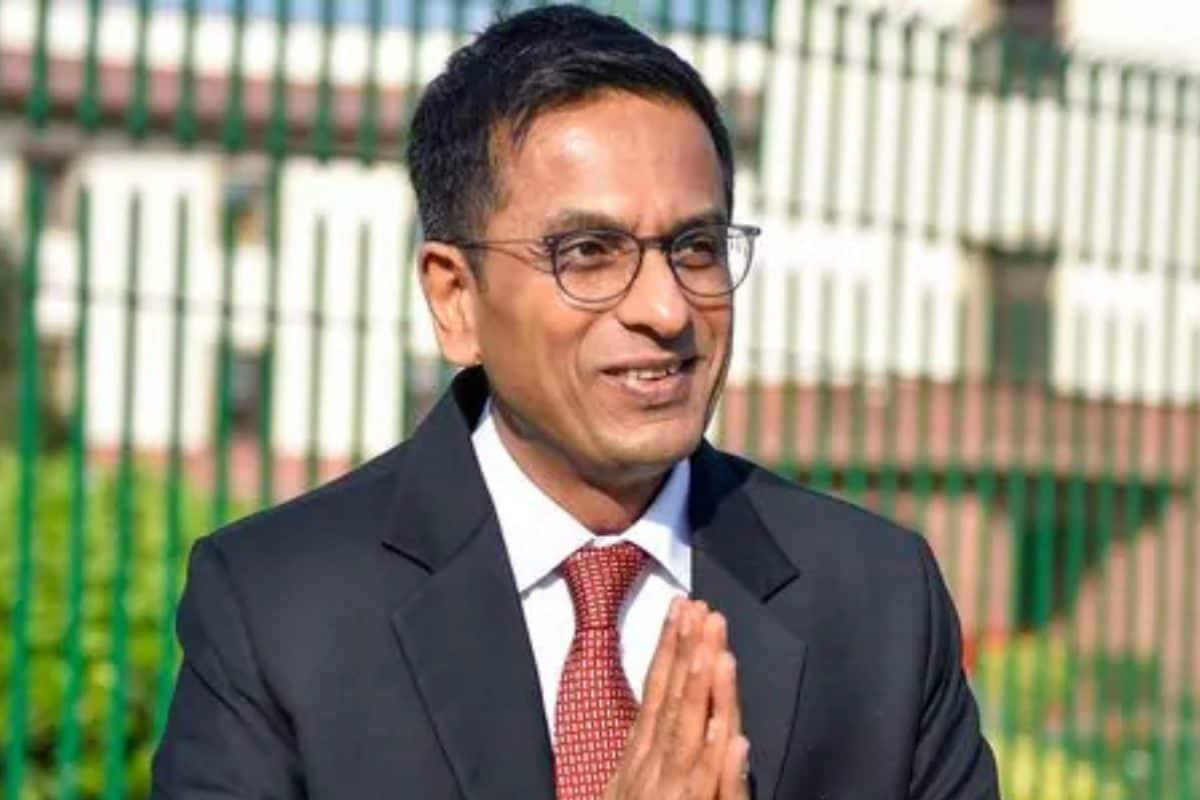

The Supreme Court administration has requested the Ministry of Housing and Urban Affairs (MoHUA) to reclaim the official residence of the Chief Justice of India from former CJI DY Chandrachud. The request stems from Justice Chandrachud's continued occupation of the Type VIII bungalow, No. 5, Krishna Menon Marg in Lutyens' Delhi, even after his extended permissible period of stay expired.
Justice Chandrachud, who served as the 50th CJI from November 2022 to November 2024, has been residing in the bungalow nearly eight months after leaving office. The Supreme Court administration's letter, dated July 1, 2025, emphasizes the urgency of vacating the premises as it is the designated residence for the sitting CJI. The letter noted that permission granted to Justice Chandrachud to stay in the residence had expired on May 31, 2025, and the six-month grace period provided in Rule 3B of the Supreme Court Judges (Amendment) Rules, 2022, ended on May 10, 2025.
According to Rule 3B, a retired CJI is entitled to retain a Type VII accommodation for a maximum of six months post-retirement. The Krishna Menon Marg bungalow is a Type VIII residence, which is a higher category, and is typically reserved for the sitting CJI.
In December 2024, Justice Chandrachud requested permission from the then CJI Sanjiv Khanna to continue residing at the same premises until April 30, 2025. He cited that renovation work at his allotted new residence on Tughlak Road was delayed due to pollution-related construction restrictions. The MoHUA approved the retention of the Type VIII bungalow until April 30, 2025, upon payment of a monthly license fee. Subsequently, a further oral request was made and granted to allow him to stay until May 31, 2025, with a clear understanding that no further extensions would be permitted. This was partly due to other judges awaiting bungalow allotments or residing in guest houses.
Justice Chandrachud has stated that the delay in vacating the residence was due to compelling personal circumstances, and the Supreme Court administration was fully aware of the situation. He also clarified that the government had allotted him alternative accommodation on rent. Despite these circumstances, the Supreme Court administration has emphasized the need to adhere to housing rules, which apply to all, even at the highest levels.
Notably, two successive CJIs, Justices Sanjiv Khanna and the incumbent Bhushan R Gavai, chose not to occupy the Krishna Menon Marg bungalow, opting to remain in their previously allotted residences. It is not the first time controversies surrounding CJI residences have surfaced. In late 2024, the Madhya Pradesh High Court Bar Association alleged the demolition of a Hanuman temple within the CJI's official residence, though the High Court administration refuted these claims. Earlier that year, a controversy arose when Prime Minister Narendra Modi attended Ganpati Puja celebrations at the residence of then CJI DY Chandrachud, raising questions about judicial impartiality.
The current situation underscores the importance of following established procedures and guidelines, even in challenging personal situations. The Supreme Court's action highlights its commitment to ensuring that official protocols are maintained and that accommodation is available for sitting judges who require it.